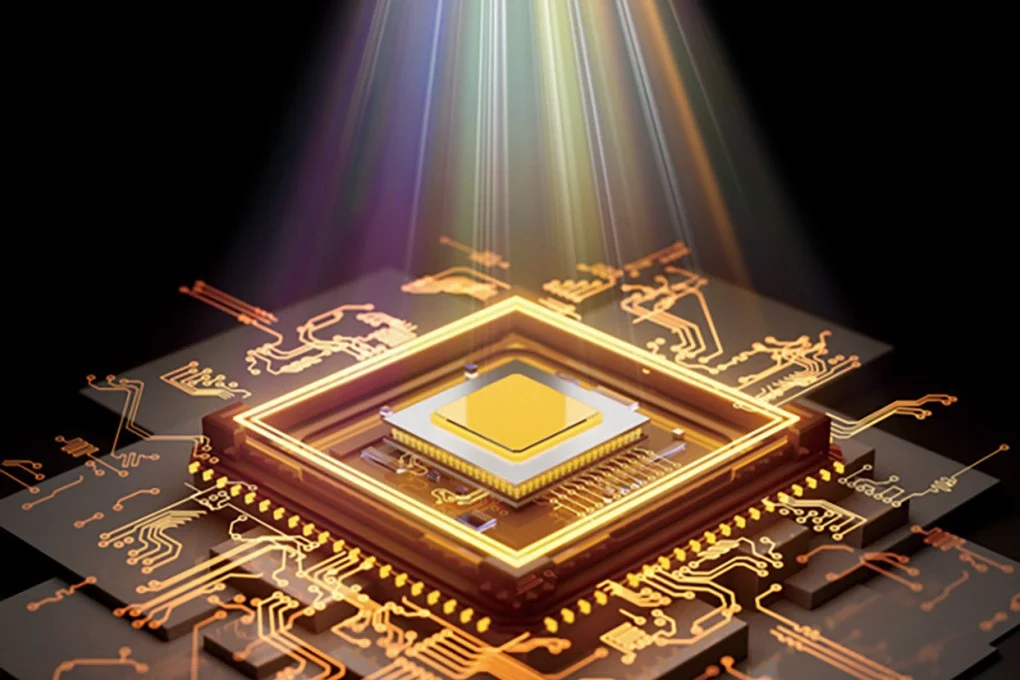
Beijing, China—A team of researchers from Peking University, led by Professor Sun Zhong, has achieved a major breakthrough in computing hardware, developing an ultra-fast analog computing device that could potentially perform tasks up to 1,000 times faster than cutting-edge digital processors like Nvidia's H100 Graphics Processing Unit (GPU). The findings were published in the academic journal Nature Electronics.
The development centers on an analog device leveraging memory chips made from resistive materials, specifically a high-precision and scalable analog matrix computing chip based on resistive random-access memory (RRAM). The researchers project that with further technological advancement, their analog computing approach could offer a 1,000-fold increase in throughput and a 100-fold improvement in energy efficiency compared to advanced digital counterparts of comparable precision.
Overcoming the 'Century-Old Challenge'
The field of analog computing, which processes information using a continuous range of values rather than the binary 0s and 1s of digital computing, has long been plagued by issues of low precision and scalability. The Peking University team asserts that achieving both high precision and scalability in analog computing has been a "century-old challenge" for the global scientific community.
Their newly developed analog device appears to have overcome the critical precision bottleneck, achieving accuracy levels comparable to digital systems. This capability is crucial, as digital computing, while versatile, struggles with large-scale, continuous calculations often required for simulating natural systems like weather. Analog computing, conversely, excels in such continuous computations but historically lacked the necessary precision and scalability.
Technological and Strategic Significance
The researchers emphasize that their method, which utilizes a resistive memory array, accelerates the processing speed of matrix equations. Resistive memory stores data by changing the electrical resistance of the material between two electrodes. The team's analog device has already demonstrated superior performance over advanced GPUs in solving intermediate-sized matrix equations, and they anticipate further performance gains through advancements in electrical circuit networks.
This breakthrough is hailed as a significant milestone, opening new pathways for highly demanding computational fields such as Artificial Intelligence (AI) and 6G communication systems. By significantly boosting both computational efficiency and energy savings, the new chip represents a strategic leap in China's drive for computing sovereignty and energy-efficient AI development in the post-Moore era. The technology's low-power nature is also poised to facilitate complex signal processing and integrated AI training directly on end devices, reducing cloud reliance and advancing edge computing.
[Copyright (c) Global Economic Times. All Rights Reserved.]





























